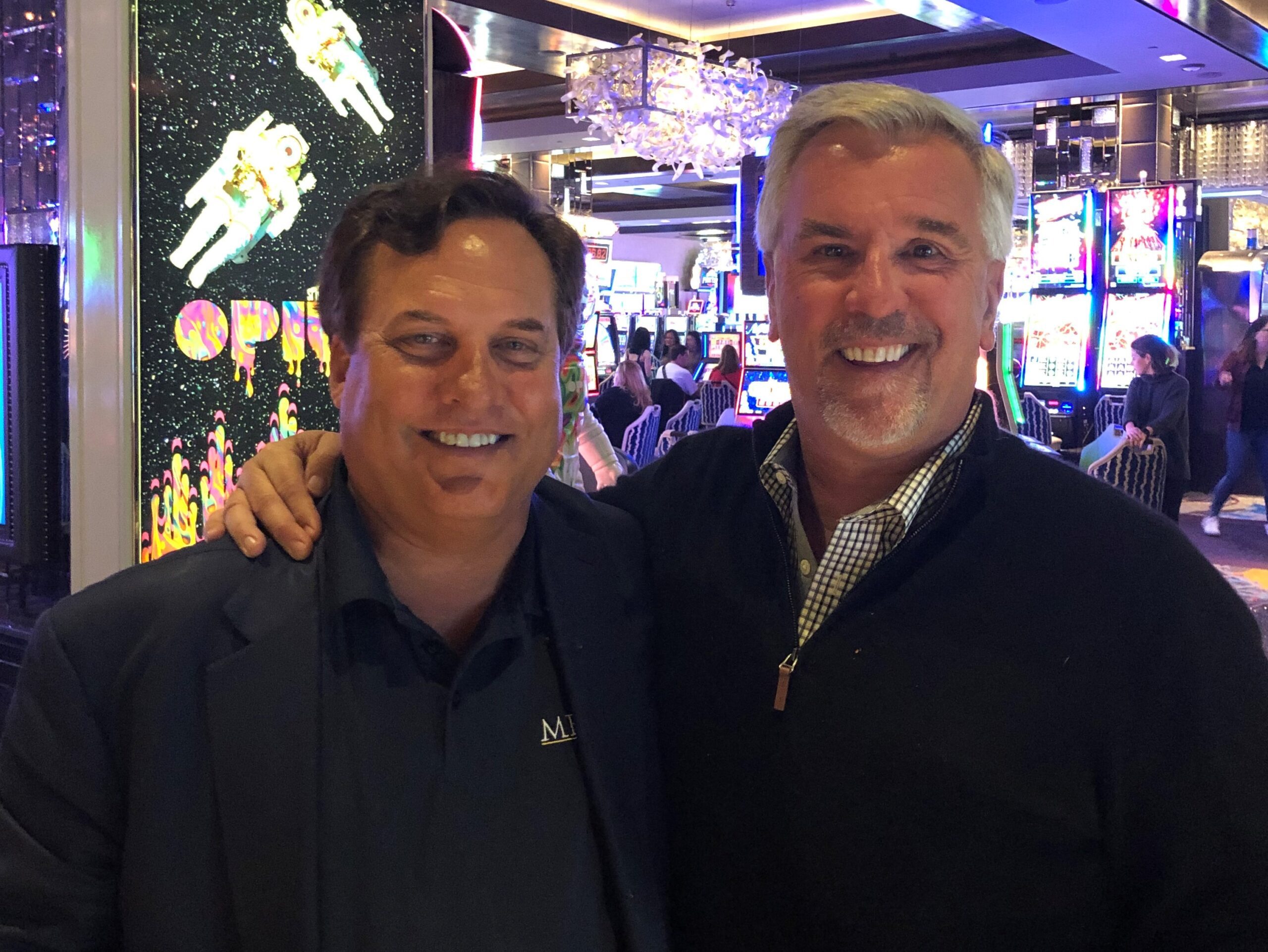Colorado Revised Statutes Section 10–3–1115 prohibits an insurance company from unreasonably delaying or denying payment of a claim for benefits owed to a first-party claimant. C.R.S. § 10–3–1115(1)(a). Section 10–3–1116 further provides that “[a] first-party claimant as defined in section 10–3–1115 whose claim for payment of benefits has been unreasonably delayed or denied may bring an action in a district court to recover reasonable attorney fees and court costs and two times the covered benefit.”1 An insurer’s delay is unreasonable “if the insurer delayed or denied authorizing payment of a covered benefit without a reasonable basis for that action.”2
The statutes at issue create a different cause of action from the Colorado common law tort of bad faith breach of an insurance contract and the “burden of proving th[e] statutory claim is less onerous than that required to prove a claim under the common law for breach of the duty of good faith and fair dealing.”3 That is because, whereas a common law claim requires proof that the insurer acted unreasonably and that it knew or recklessly disregarded the fact that its conduct was unreasonable, “the only element at issue in the statutory claim is whether an insurer denied benefits without a reasonable basis.”4 The reasonableness of an insurer’s conduct is measured objectively based on industry standards. Although expert testimony concerning industry standards is often helpful, “expert testimony is not required where the defendant’s standard of care does not require specialized or technical knowledge … [n]or is expert testimony required to establish the standard of care when a legislative enactment or administrative rule establishes the standard of care.”5
In insurance cases, “the Unfair Claims Practices Act regulates the conduct of the insurance industry . . . [and] sets forth standards for when the commissioner of insurance may find that an insurance company is engaged in an unfair or deceptive trade practice.” Specifically, Section 10-3-1104(1)(h) of the Act defines certain acts of unfair claims settlement practice. C.R.S. § 10-3-1104(1)(h). “While the Unfair Claims Practices Act does not establish a standard of care actionable in tort, it may be used as valid, but not conclusive, evidence of industry standards.”6 Furthermore, since Section 10-3-1104(1)(h) provides examples of conduct that violates of insurance industry standards, it is within the common knowledge and experience ordinary persons to determine whether defendant engaged in such practices.7
While Colorado Division of Insurance Regulation 5-1-14 is similarly not conclusive of the statutory standard of reasonableness under § 10-3-1115, it provides further evidence of industry standards, and therefore of the reasonableness of an insurer’s conduct.8 More specifically, Colorado Division of Insurance Regulation 5-1-14, entitled Penalties for Failure to Promptly Address Property and Casualty First Party Claims, was adopted by the Colorado Commissioner of Insurance for the purpose of describing “the procedure and circumstances under which penalties will be imposed for failure to make timely decisions and/or payment on first party claims.”9 The regulation provides that insurers can face a monetary penalty if they fail to make a decision on the payment of benefits within sixty days after receipt of a valid claim, provided there is no reasonable dispute between the parties and the insured has complied with the policy. The regulation lists factors the Commissioner will consider when determining if a penalty is warranted.10 The regulation also states that “[w]hen an investigation is incomplete or is otherwise continued and the insurer has not paid the claim within the time required . . . the insurer shall immediately notify the insured . . . of the reason(s) the claim has not been paid.” When an insurer cannot immediately complete an investigation, the insurer must send the insured a letter every 30 days setting forth any reasons the investigation cannot be completed. “This requirement is not intended to alter any terms of the contract between the insurer and insured regarding their respective rights, duties, and obligations and the law involving such matters.”
An insured may also prove the unreasonableness of an insurer’s conduct:
[T]hrough evidence of, for example, among other things:• total failure to investigate the claim, see 14 Couch on Insurance § 207:24 (3d ed.);
• failure to conduct a reasonable investigation based on all available information, see Allen, 102 P.3d at 344; see also 14 Couch on Insurance § 207:25 (‘Implicit in the duty to investigate is the requirement that the investigation be adequate and fair.’);
• ‘not providing a reasonable explanation of a denial of a claim,’ Allen, 102 P.3d at 344-45 (affirming bad faith verdict because, among other things, the evidence showed that the insurer ‘concluded its investigation without exploring [certain] conflicting statements . . . or by talking with [a relevant witness]’); or
• in-house policies that reward employees for defeating claims, see Zolman, 261 P.3d at 500; see also Zilisch v. State Farm Mut. Auto. Ins. Co., 196 Ariz. 234, 995 P.2d 276, 279 (Ariz. 2000).11
While the issue of what constitutes reasonableness is ordinarily a question of fact for the jury, reasonableness may be decided as a matter of law in appropriate circumstances, as when there are no genuine issues of material fact.12 The burden to establish unreasonableness lies with Plaintiff.13
From a comparative perspective to other states, Colorado has a strong public policy requiring full and prompt payment of property insurance claims which has been codified.
Thought For The Day
When people think ‘Colorado’, many of the images that pop into their minds are of majestic mountains, forests, rivers, canyons, and other natural features.
—Nancy S. Greif
_____________________________________________
1 C.R.S. § 10–31116(1).
2 C.R.S. § 10–3–1115(2).
3 Kisselman v. Am. Fam. Mut. Ins. Co., 292 P.3d 964, 975 (Colo.App.2011).
4 Schultz v. GEICO Cas. Co., 429 P.3d 844, 848 (Colo. 2018) (quoting Vaccaro v. Am. Family Ins. Grp., 275 P.3d 750, 760 (Colo. App. 2012)); see also Colo. Jury Instr., Civil 25:4 (2022 Edition).
5 Am. Family Mut. Ins. Co. v. Allen, 102 P.3d 333, 343 (Colo. 2004) (en banc).
6 Allen, 102 P.3d at 344.
7 See TBL Collectibles, Inc. v. Owners Ins. Co., 285 F.Supp.3d 1170, 1203–04 (D. Colo. 2018) (citing Leeper v. Allstate Fire & Cas. Ins. Co., 2016 WL 1089701, at *6 (D. Colo. Mar. 21, 2016)
8 Goodman v. State Farm Mutual Automobile Ins. Co., No. 13-cv-1376, 2014 U.S. Dist. LEXIS 146866, at *12 (D. Colo. Oct. 15, 2014).
9 3 Colo. Code. Regs. § 702-5:5-1-14 § 2.
10 Id. at § 4(A)(2).
11 Sandoval v. Unum Life Ins. Co. of Am., No. 17-cv-0644, 2018 U.S. Dist. LEXIS 147184, at *31 (D. Colo. Aug. 29, 2018).
12 Bankr. Estate of Morris v. COPIC Ins. Co., 192 P.3d 519, 524 (Colo. App. 2008) (citations omitted); Vaccaro, 275 P.3d at 759.
13 See Williams v. Owners Ins. Co., 621 F. App’x 914, 919 (10th Cir. 2015).




